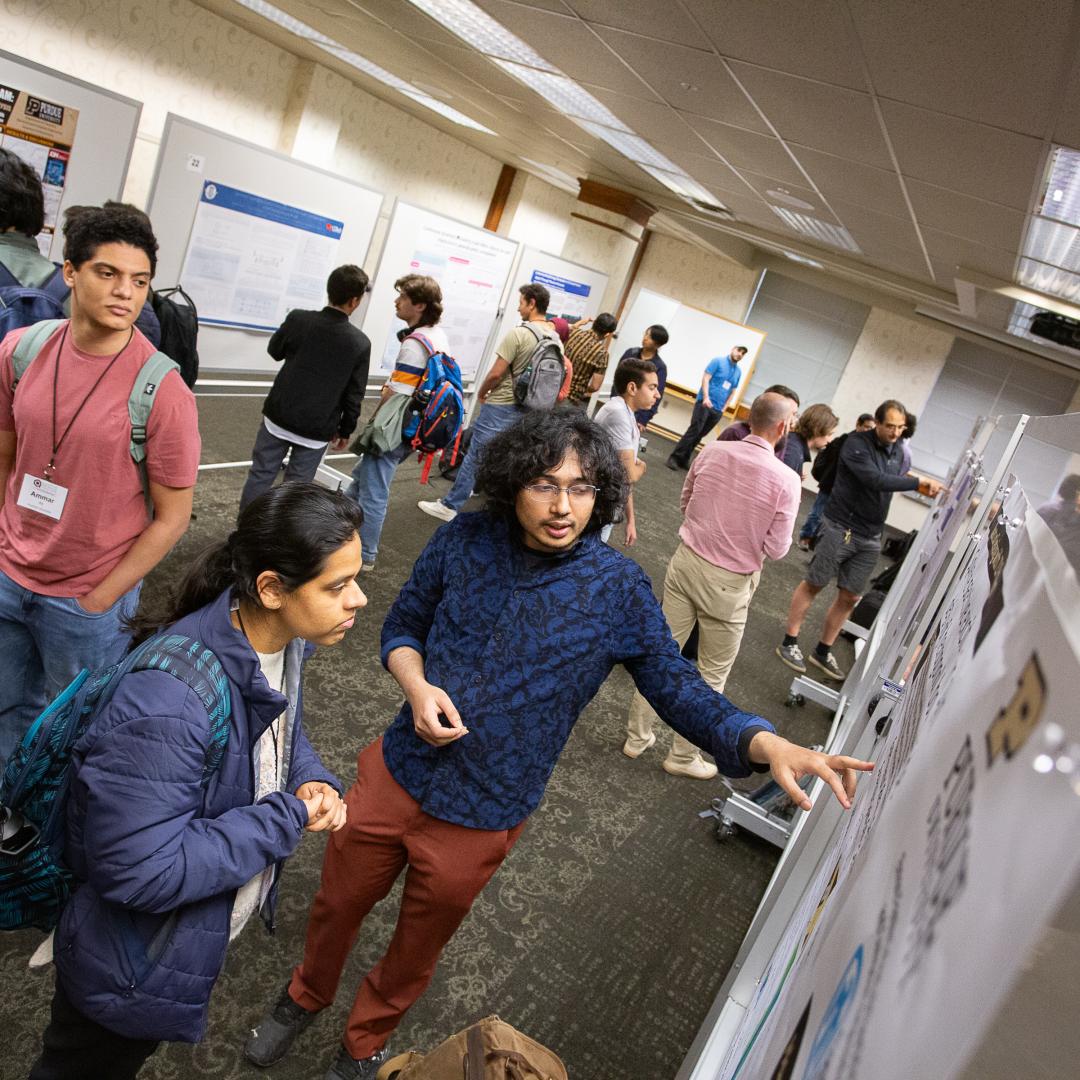Filter News
Area of Research
News Topics
- (-) Mercury (4)
- (-) Security (2)
- 3-D Printing/Advanced Manufacturing (9)
- Advanced Reactors (2)
- Artificial Intelligence (8)
- Big Data (3)
- Bioenergy (13)
- Biology (14)
- Biomedical (8)
- Biotechnology (4)
- Buildings (2)
- Chemical Sciences (2)
- Clean Water (5)
- Climate Change (3)
- Computer Science (25)
- Coronavirus (2)
- Cybersecurity (1)
- Decarbonization (3)
- Energy Storage (8)
- Environment (29)
- Exascale Computing (3)
- Frontier (1)
- Fusion (1)
- Grid (2)
- High-Performance Computing (9)
- Isotopes (6)
- ITER (1)
- Machine Learning (1)
- Materials (4)
- Materials Science (7)
- Microscopy (3)
- Nanotechnology (4)
- National Security (4)
- Neutron Science (10)
- Nuclear Energy (9)
- Physics (3)
- Polymers (1)
- Quantum Computing (1)
- Quantum Science (6)
- Space Exploration (2)
- Summit (8)
- Sustainable Energy (8)
- Transportation (9)
Media Contacts
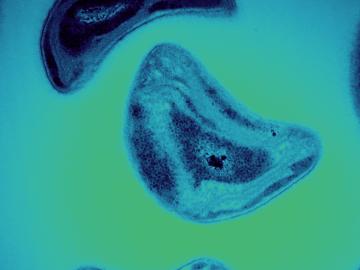
A team led by ORNL and the University of Michigan have discovered that certain bacteria can steal an essential compound from other microbes to break down methane and toxic methylmercury in the environment.
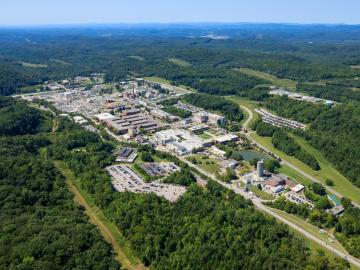
Anyone familiar with ORNL knows it’s a hub for world-class science. The nearly 33,000-acre space surrounding the lab is less known, but also unique.
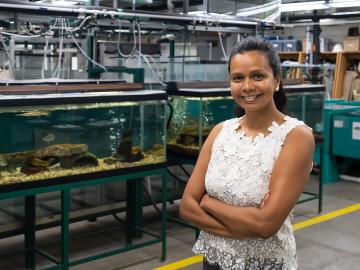
Moving to landlocked Tennessee isn’t an obvious choice for most scientists with new doctorate degrees in coastal oceanography.
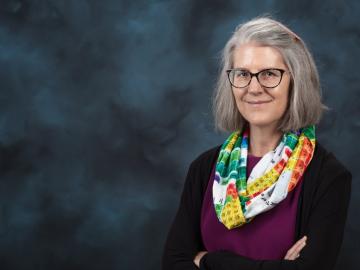
Deborah Frincke, one of the nation’s preeminent computer scientists and cybersecurity experts, serves as associate laboratory director of ORNL’s National Security Science Directorate. Credit: Carlos Jones/ORNL, U.S. Dept. of Energy
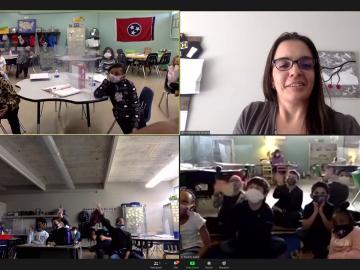
Twenty-seven ORNL researchers Zoomed into 11 middle schools across Tennessee during the annual Engineers Week in February. East Tennessee schools throughout Oak Ridge and Roane, Sevier, Blount and Loudon counties participated, with three West Tennessee schools joining in.
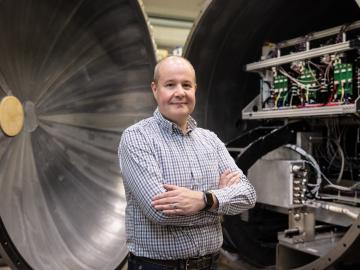
Sometimes solutions to the biggest problems can be found in the smallest details. The work of biochemist Alex Johs at Oak Ridge National Laboratory bears this out, as he focuses on understanding protein structures and molecular interactions to resolve complex global problems like the spread of mercury pollution in waterways and the food supply.



